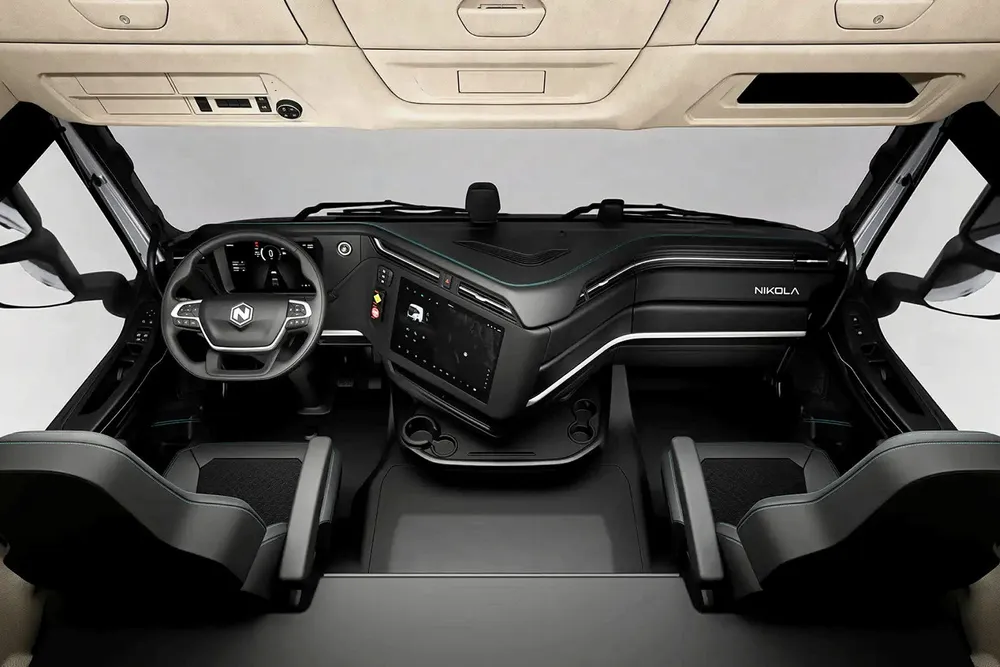Loss-making Nikola Motors is selling hydrogen trucks for about half the amount it costs to make them
Supply-chain shortages of pressurised fuel tanks and batteries meant parts had to be flown to the US from Europe, driving up costs

Supply-chain shortages of pressurised fuel tanks and batteries meant parts had to be flown to the US from Europe, driving up costs
